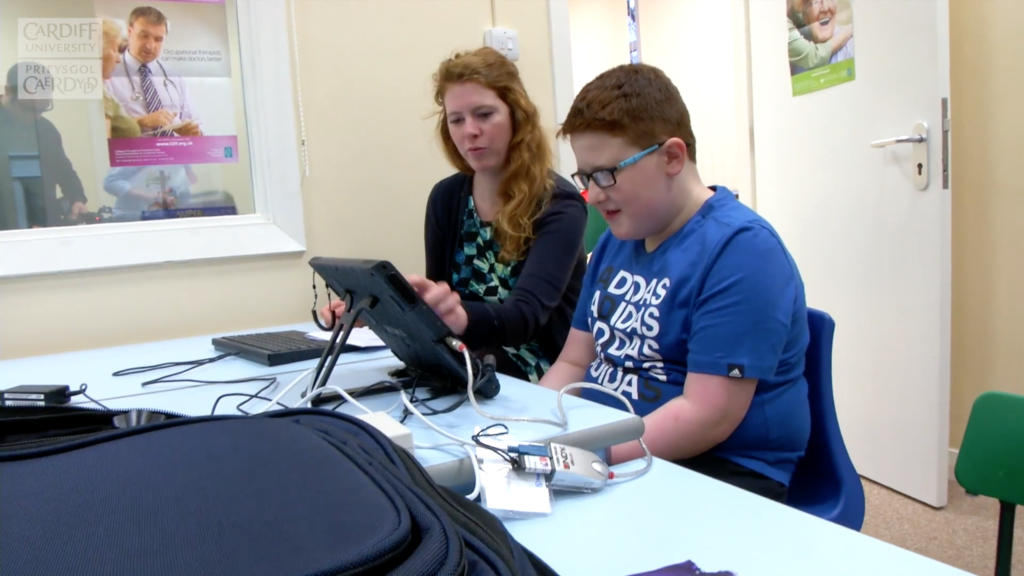Posted February 28th 2019
Mae’r cynnwys hwn ar gael yn Saesneg yn unig.
Before joining the team at Cerebra, I worked for the National Centre for Mental Health (NCMH). The NCMH is a team based at Cardiff University, and they research the causes of mental health conditions in adults and children.
Speaking with parents of children taking part in the study, it was clear that families often feel the level of support is lacking after they receive a diagnosis. This project aims to address this important issue.

We will be working with the Cardiff University Division of Psychological Medicine and Clinical Neurosciences in order to improve the helpfulness of information and the services which families and children living with rare genetic disorders struggle to access. We will be focusing on improving mental health-related information available to families.
What causes a rare genetic disorder?
Rare genetic disorders are caused by changes in a person’s DNA – their chromosomes. These changes vary in size. That means they can either affect a very small part of someone’s DNA, or the changes can be bigger and affect a larger area. Some rare changes to our DNA can lead to serious impacts on our physical health, brain development and affect our mental health too.

These disorders are rare because individually, they are not seen very frequently in the general population. However, if we looked at the whole population altogether, 1 in 17 people in the UK will be affected by at least one of these conditions, that’s 3.5 million people!
One of the most common disorders is called 22q11 Deletion Syndrome (also known as DiGeorge Syndrome), with 1 in 2000 new born children being diagnosed.
Another much rarer syndrome is called Kleefstra syndrome and occurs in less than 300 people in the UK. Cardiff University is currently researching these conditions in order to answer the question often asked by parents: “What does this diagnosis mean for my child, and where can I get help and advice?”
Making information easier to access
Research has shown that people diagnosed with these rare genetic disorders often experience difficulties with their mental health, yet families have trouble finding helpful information and struggle to access mental health and other services for their child.
We believe it’s important that everyone can access useful, high-quality information about mental health conditions, based on the very best evidence from research.
We aim to work with medical services, other charities, as well as families with lived experiences to get a well-rounded idea of what services currently offer that is really helpful, what is unhelpful, and what people think could be improved.

We will also ask what they think about the availability and quality of information about developmental and mental health conditions in children and young people.
We hope that doing this will lead to important changes in services in order to equip people with key information and empower families and children to make informed choices that are best for them.
Myself and the rest of the team involved feel very passionate and committed to this project, and hope that it will make positive changes for families in the future.
Read more
